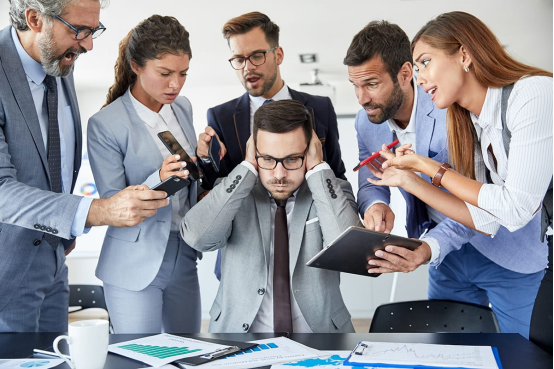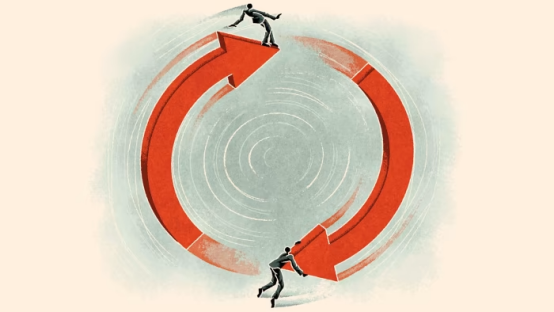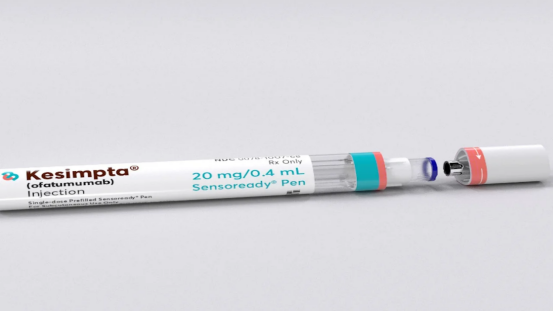How Stress and Anxiety Impact Performance

Erectile dysfunction (ED) is a complex condition with both physical and psychological aspects. While medical conditions such as heart disease, diabetes, and hormonal imbalances often play a significant role, psychological factors like stress, anxiety, and depression can also contribute to ED. The mind-body connection is crucial for sexual health, and any disruptions in mental well-being can affect sexual performance. This article examines how stress and anxiety lead to erectile dysfunction, the underlying mechanisms, and effective strategies for managing psychological ED.
Keywords like Kesimpta Injection, Roflumilast Cream 0.3, and ED Near Me highlight modern solutions for addressing both the physical and mental aspects of erectile dysfunction while raising awareness of current treatments.
Understanding Erectile Dysfunction: A Holistic View
Erectile dysfunction is defined as the inability to achieve or maintain an erection sufficient for sexual intercourse. It is often regarded as a purely physical issue, but the reality is more nuanced. Emotional and psychological stressors can significantly impact a man's sexual function, even if he is otherwise physically healthy.
How Stress Affects Sexual Performance
Stress is a natural response to challenging or threatening situations. In small amounts, it can be beneficial, enhancing focus and physical performance. However, chronic stress can be harmful to various bodily functions, including sexual health.
The body's fight-or-flight response is triggered under stress, releasing hormones like adrenaline and cortisol. While these hormones prepare the body to face a perceived threat, they divert energy away from non-essential functions, including sexual arousal. Prolonged stress leads to consistently high cortisol levels, which can:
· Narrow blood vessels, reducing blood flow to the penis.
· Impair testosterone production, which is crucial for libido and erections.
· Create tension and anxiety, further hindering performance.
Anxiety and Erectile Dysfunction: A Vicious Cycle
Anxiety, particularly performance anxiety, is another significant psychological factor contributing to ED. The fear of not performing well during sex can become a self-fulfilling prophecy. When a man is preoccupied with doubts about his ability to achieve or maintain an erection, it disrupts the natural process of arousal.

Performance anxiety manifests through several symptoms:
· Overthinking: Constantly worrying about sexual performance increases stress and reduces enjoyment.
· Negative Self-Talk: Thoughts like "What if I can't perform?" or "What if I disappoint my partner?" can escalate anxiety, making it harder to stay relaxed.
· Physical Tension: Anxiety causes physical tension, preventing the body from responding to sexual stimuli naturally.
This leads to a vicious cycle where anxiety triggers ED, and repeated episodes of ED further increase anxiety, reinforcing the problem.
The Science Behind Psychological ED
Research shows that neurotransmitters—chemical messengers in the brain—play a vital role in sexual arousal. Stress and anxiety disrupt the balance of these neurotransmitters, particularly dopamine and serotonin, which are essential for mood regulation and pleasure.
· Dopamine Deficiency: Dopamine is crucial for motivation and reward-based behavior, including sexual desire. Stress and anxiety reduce dopamine levels, leading to reduced sexual interest and diminished erectile function.
· Serotonin Imbalance: Serotonin, often called the "feel-good" chemical, is linked to feelings of happiness and relaxation. High levels of anxiety cause serotonin imbalances, further hindering sexual performance.
The psychological roots of ED also involve cognitive distortions—irrational thought patterns that perpetuate negative beliefs about one's sexual ability. Cognitive-behavioral therapy (CBT) has proven effective in addressing these distorted thought processes, helping men break free from the cycle of performance anxiety.
Real-World Cases: Stress, Anxiety, and ED
The experiences of successful public figures who have struggled with psychological ED show how common this issue can be. For example, actor Ben Affleck has openly talked about his battles with anxiety and how it affected his personal relationships, including sexual performance. Affleck noted that addressing anxiety through therapy helped him regain control over his life and relationships, demonstrating how mental health treatment can significantly improve ED outcomes.
In another case, athlete Michael Phelps has spoken about the tremendous pressure and stress that led to mental health issues, including impacts on his intimate relationships. His journey illustrates that even high achievers are not immune to the effects of psychological stress on sexual function.
Strategies to Overcome Psychological ED
Dealing with psychological ED requires a multi-faceted approach that addresses both mental and physical health. Here are effective strategies for managing stress and anxiety-related ED:
1. Stress Management Techniques
· Meditation and Mindfulness: Practices like meditation help men stay grounded and reduce stress. Mindfulness techniques encourage focusing on the present moment, which is beneficial in reducing performance anxiety during sex. Regular practice has been shown to lower cortisol levels, leading to improved erections.
· Exercise: Physical activity releases endorphins, which are natural mood boosters. Exercise not only reduces stress but also improves blood flow and cardiovascular health, making it easier to achieve and maintain erections.
2. Cognitive-Behavioral Therapy (CBT)
Cognitive-behavioral therapy is one of the most effective treatments for psychological ED. It helps men identify and challenge negative thought patterns contributing to their anxiety. By replacing these thoughts with positive affirmations, CBT reduces performance anxiety and restores confidence in sexual ability.
3. Communication with Partners
Open and honest communication with a partner is essential in reducing the pressure around sexual performance. Discussing fears and anxieties openly can lead to a supportive environment, which reduces performance-related stress.
4. Medical Consultation
Sometimes, despite lifestyle and psychological interventions, ED persists. In such cases, consulting with a healthcare provider is crucial. Treatments like Kesimpta medication, which targets specific immune responses, and Roflumilast Cream 0.3, used for various skin and inflammatory conditions, show how novel therapies may address underlying health issues contributing to ED. Searching for ED near me can provide local solutions for men seeking professional advice.

5. Medication for Psychological ED
For cases of severe anxiety, doctors may prescribe anti-anxiety medications or antidepressants, though these must be carefully managed as some antidepressants can worsen ED. Medications such as Selective Serotonin Reuptake Inhibitors (SSRIs) are commonly used but should be discussed with a healthcare professional due to their side effects.
The Connection Between Modern Therapies and Psychological ED
Recent advances in medical treatments, including drugs like Kesimpta injection for autoimmune diseases, offer insights into how addressing chronic inflammation and stress responses can help treat ED. Moreover, the FDA approval process, as seen in medications like Arcutis, ensures that newer treatments undergo rigorous evaluation for both effectiveness and safety.
By exploring how physical conditions like chronic inflammation, autoimmune diseases, and stress responses are linked, men can gain a deeper understanding of how to manage ED from both psychological and physiological perspectives.

Final Thoughts: Addressing the Mind-Body Connection in ED
The psychological side of erectile dysfunction is complex but not insurmountable. Stress and anxiety can create significant barriers to sexual performance, but with proper treatment, men can regain their confidence and sexual health. Whether through stress management, therapy, or medical intervention, addressing the psychological root of ED leads to lasting improvement.
As new treatments and holistic approaches become available, men suffering from ED should feel empowered to explore both natural and medical options to restore sexual function. The key to overcoming psychological ED lies in a balanced approach that considers mental, emotional, and physical well-being.



